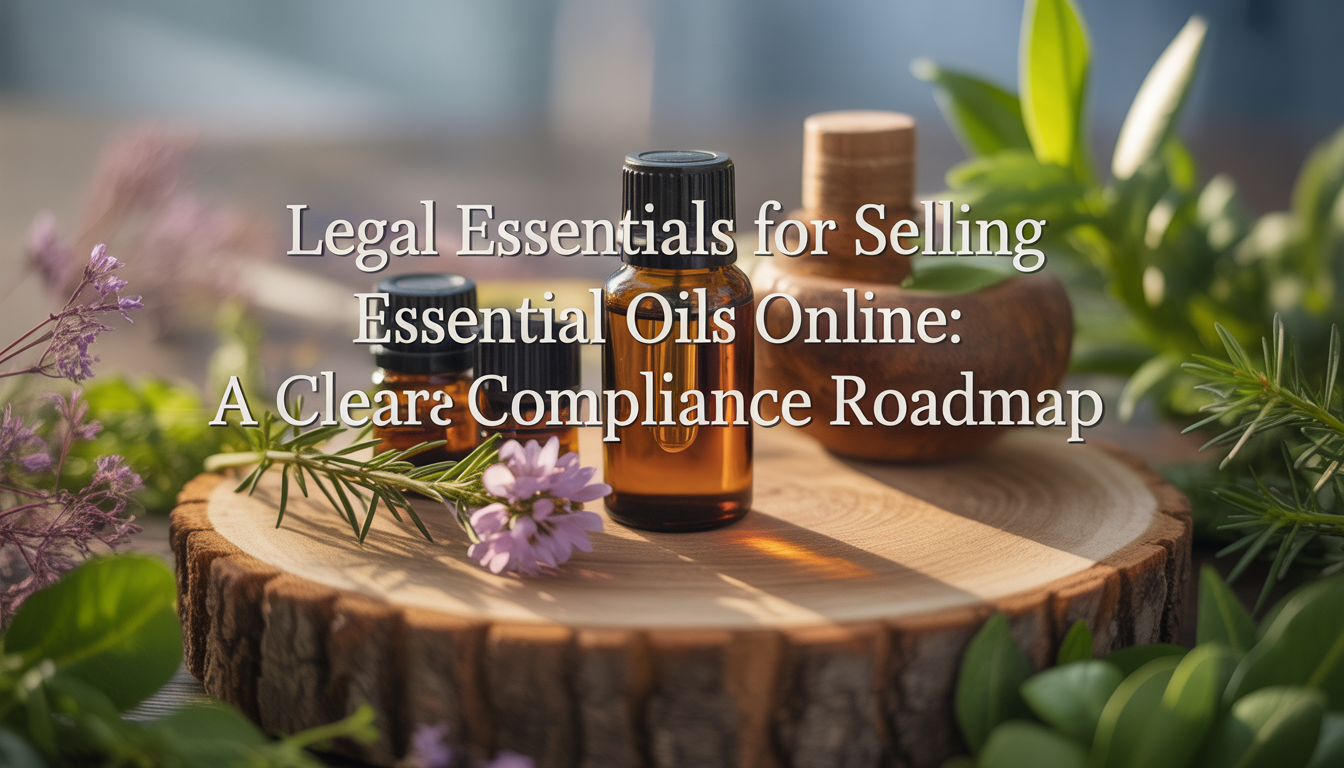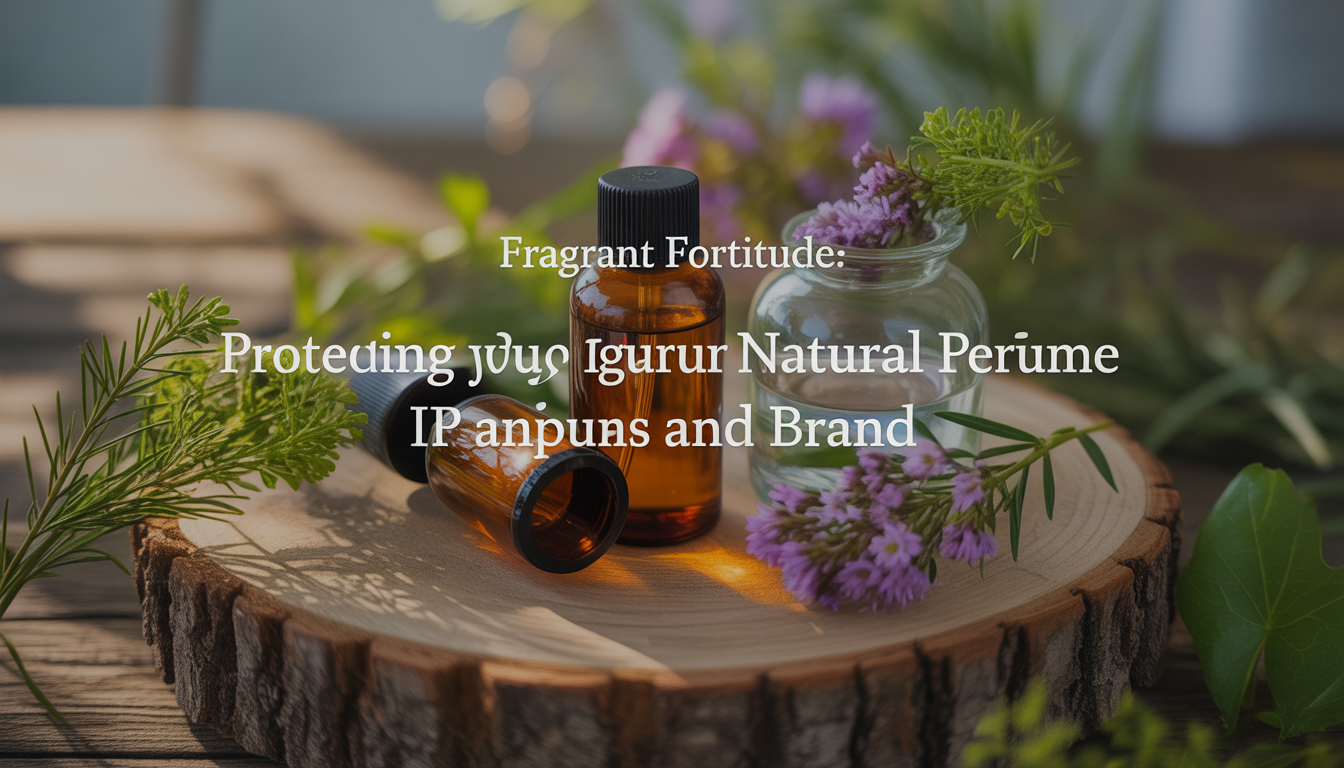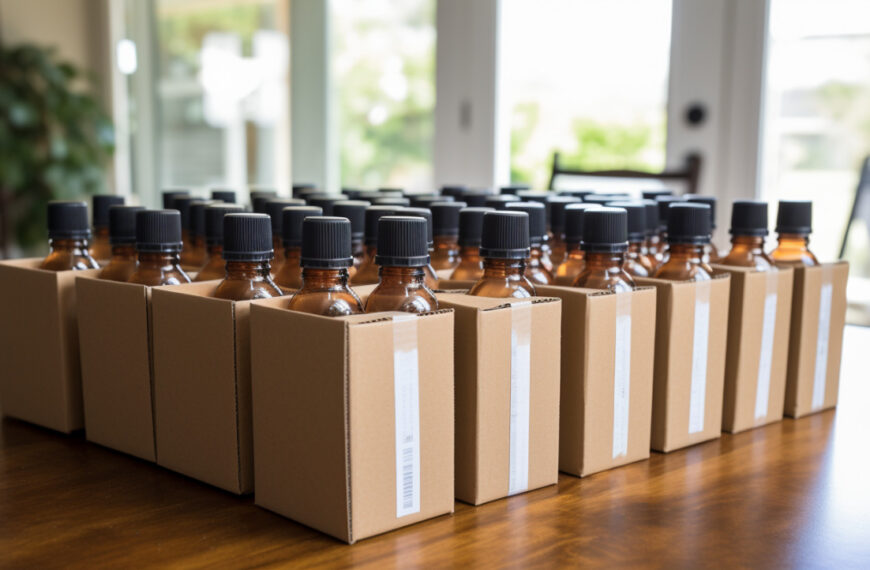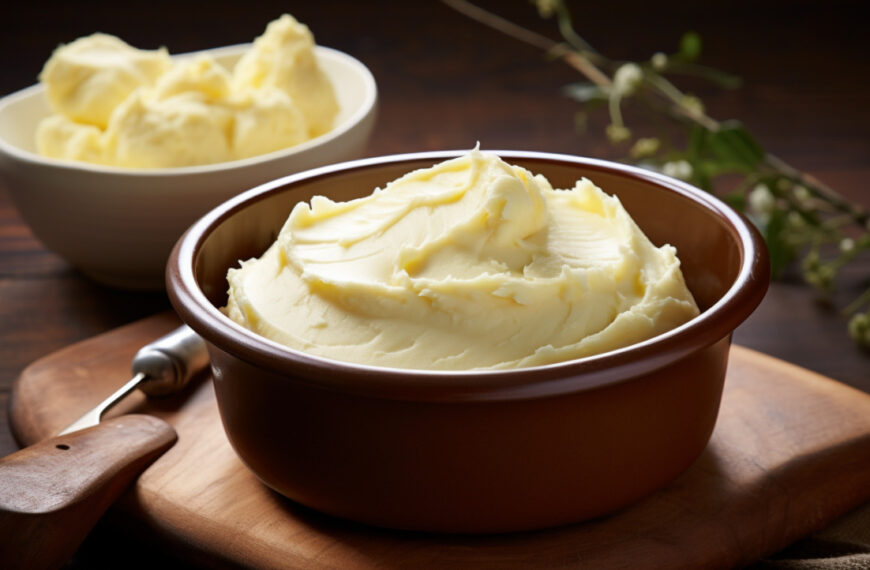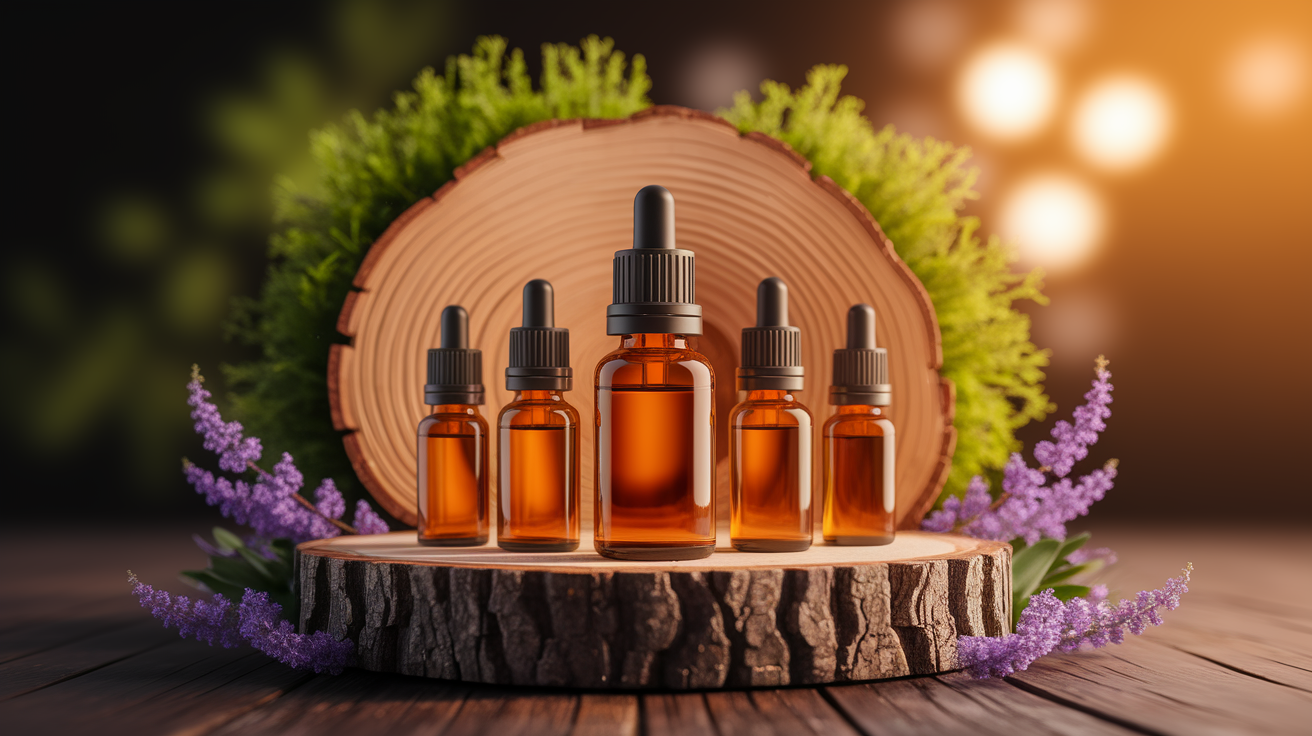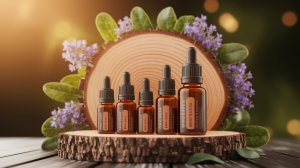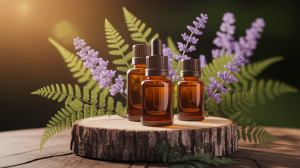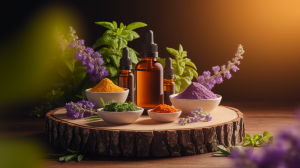Start Smart: Your Compliance Cheat Sheet
It’s a bit like making a perfect blend—you’ve got to get every ingredient right, or the whole thing can turn sour. Selling essential oils online comes with a cluster of rules and responsibilities, and missing even one detail can result in fines or a suspended store. Think of these regulations as your safety net—they’re not here to stifle your creativity, but to make sure what you’re putting out there is both honest and safe for the person buying it.

Essential oils sit in a unique little spot in the regulatory world. Depending on how you present them, they might be treated as cosmetics, aromatherapy products, or even drugs. Labeling, marketing, packaging—these all need to align with clear legal guidelines. The simplest way to approach this? Keep your claims truthful, avoid unapproved therapeutic promises, follow safety protocols, and don’t forget: the closer you stick to the rules, the smoother the ride.
Set Up Your Business Legally
If you’re serious about selling essential oils, your first step is building a legal foundation. It can be as straightforward as forming an LLC to shield your personal assets—like keeping your home and savings out of any business trouble. You’ll need the right business license, a tax identification number, and whatever retail permits your state or city requires. Skipping this part is kind of like skipping the base note in a blend—it throws off the balance of everything else.

When sourcing oils, especially if you’re buying wholesale essential oils to repackage, remember you’re on the hook for product liability. That means knowing your suppliers well, having solid agreements in place, and ensuring you meet legal packaging obligations. If something is mislabeled or unsafe, you’ll be the one answering for it. Better to iron out contracts and compliance now than deal with a headache later.
Nail Down Regulatory Compliance
This is where the legal weeds start to grow—FDA regulations, CPSC compliance, and even chemical safety laws like the Toxic Substances Control Act can come into play, depending on your product. If your essential oils are marketed for aromatherapy or cosmetic use, you’ll be following specific cosmetic labeling rules. Shift towards therapeutic claims, and suddenly you’re dealing with drug classification, which has a whole different set of hoops to jump through.

Compliance here isn’t just about the letter of the law—it’s about protecting your customers. Use honest, accurate product descriptions, attach clear directions for safe use, and follow Good Manufacturing Practices (GMP) to nail the right quality control standards. These are not optional extras; they’re the backbone of a trustworthy essential oil business.
Craft Compliant Marketing and Claims
I’ve seen people tank their online store because they got too excited about their oils’ benefits and started making wild claims—statements that instantly pushed their products into “drug” territory without the right approvals. The Federal Trade Commission keeps an eye on advertising, and they’re quick to step in when health claims lack proof.

That means you need to learn the language of “safe” marketing: talk about sensory experiences, mood, scent profiles, or general wellness vibes, but don’t say your oil cures a disease. Follow ethical marketing guidelines and back up every statement with real evidence. And remember—labels are your frontline here. Ingredient lists, warnings, usage instructions, and proper disclaimers are essential parts of the compliance puzzle.
Choosing and Managing Sales Channels
Each online marketplace is its own little kingdom with its own rules. Amazon, for example, has strict listing requirements, especially for personal care items, and you can check detailed policies for selling essential oils on Amazon. Etsy might be more relaxed in tone, but their rules around product safety and intellectual property are no less important. A self-hosted site gives you freedom, but also full responsibility for compliance.

No matter where you sell, keep your operations tight. Verified seller accounts often require banking info, government-issued ID, and tax documentation. Packaging matters too—use professional, compliant bottling as outlined in guides like this practical article on bottling and selling oils. Consistency in safety, labeling, and quality control will keep your store open and your customers coming back.
Final Flourish: Your Ongoing Compliance Game Plan
Compliance isn’t something you check off once and forget. Regulations change, platforms adjust their policies, and suppliers tweak their processes. The smartest thing you can do is treat this like tending a garden—regularly check for weeds. Schedule compliance audits, read updates from sources like the FDA aromatherapy guidelines, and keep your insurance coverage current. If you expand into importing essential oils, look into those legal requirements too before you get started.
By staying ahead of changes and keeping your legal and business basics solid, you create a sturdy platform for your essential oil business to thrive. It’s a mix of vigilance, passion, and responsibility—and as with a perfect blend, it’s worth getting every drop right.

